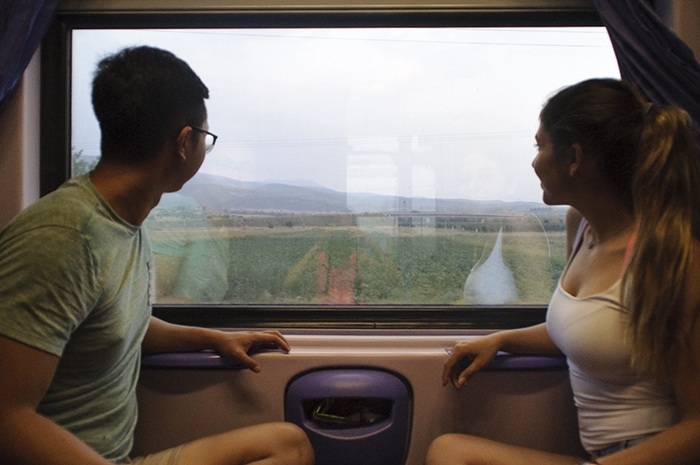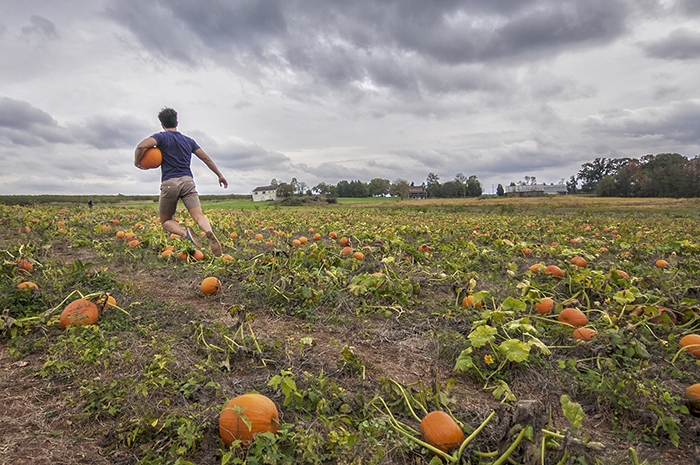Sitting atop the ruins of an old amphitheatre, we watched the town of Kaş in Turkey come alight as the skies above fade into darkness. The scorching heat of the day has melted into the gentle breeze of the night—our last night in Kaş.

“I feel very sad,” my South Korean friend turned and said to me.
Our motley ensemble of a Turk, a Singaporean and two South Koreans—brought together by the sheer chance of booking the same guesthouse—would be completely split apart the next day. In fact, we had just sent off the other South Korean on a taxi to the airport.
“I won’t see you all again once I return to South Korea,” she continued.
I definitely empathise with her. I really might not see the very people who had defined my time in Kaş again. Our lovely meals together, the beers by the beach and the night spent dancing away in a tiny bar would become mere memories—figments of a shared past.

What does it mean for a friendship, or any relationship for that matter, to be without a definite future? Without new shared experiences, can a relationship even be maintained? Perhaps not—or at least not without a great deal of difficulty and effort.
This is why goodbyes are laced with so much emotional weight: it is a tacit acknowledgement of the probable end of a shared experience. And many times, we ritualise it with a slew of pleasantries, just to ease the pain. “See you again,” we say, expressing a hope that we can continue the relationship again one day.

Transience is a universal feature of our mortal human existence. Our time as a conscious, sentient being in this universe is indeed finite. We come and go like the ebb and flow of the waves that crash against the shore.
And for those of us with the privilege of travel, transience is rendered all the more stark. When we are on the move, the cascade of novel encounters and experiences that arise and fade away into our memories is all the more rapid and salient. The inherent serendipity in travel makes encounters with others extremely delightful, but the resultant geographical distance when we part ways only accentuates the despondence of saying goodbye.

That said, I always try to remind myself that this ennui has a positive side to it. The fact that I feel it shows that the experience—the relationship—was in some way meaningful to me. More than just being an emotional palliative, goodbyes should also be celebrations of time well-spent.
We need not fear transience. Instead, we should embrace it, wholeheartedly. The serendipitous, yet transient, experiences that dot our respective tapestries of life are what make them colourful and vibrant. Faced with the absence of the eternal, the best we can do is to cherish the moments we have as they slip away with the passage of time. The fleetingness of life is indeed what makes it so precious and so beautiful.

As the author Annie Dillard so eloquently exclaims in The Writing Life: “How we spend our days is, of course, how we spend our lives.” Travelling or not, no day is ever the same. Rather than being unnerved by transience, far better it is to face the inevitable passage of our days with presence.
This brings to mind an unforgettable calligraphic piece by the Zen master Hakuin that I once encountered in a book. It says: “If you are not there for even an instant, you are just like a dead person.”
What this entails is an appreciation of the constellation of relationships—all ultimately transient—that permeate the unfolding of our lives moment-by-moment, day-by-day.

Enjoy the simple and unremarkable—the textured crunch of your own footsteps on gravel or the mere sensation of taking a breath deep into your very core. Laugh when you fall. And cry when you feel like it. Feel the rousing evoked by a good story, or the touch and gaze of a loved one. Above all, appreciate the connections—to people, to experiences, to the world even—that your fleeting existence has made possible.
I remember telling my friend, there and then in Kaş, that travel allows one to appreciate what he or she have so much more. The transient encounters that we experience through travel can be the foil from which we learn to treasure those that have always been—or will be—around us. In short, travelling can be a reminder against taking things, including and especially other people, for granted.

It is interesting to note that I began thinking about my time in Kaş in the wake of what might be another transient encounter. As I stare out of the bus window as I write this piece, I cannot help but associate the scene before me with transience. In the darkness of the night, the passing vehicles on the opposite side of the road are like ephemeral streaks of light in a sea of absolute blackness.
The night is strangely beautiful and so will tomorrow be.






